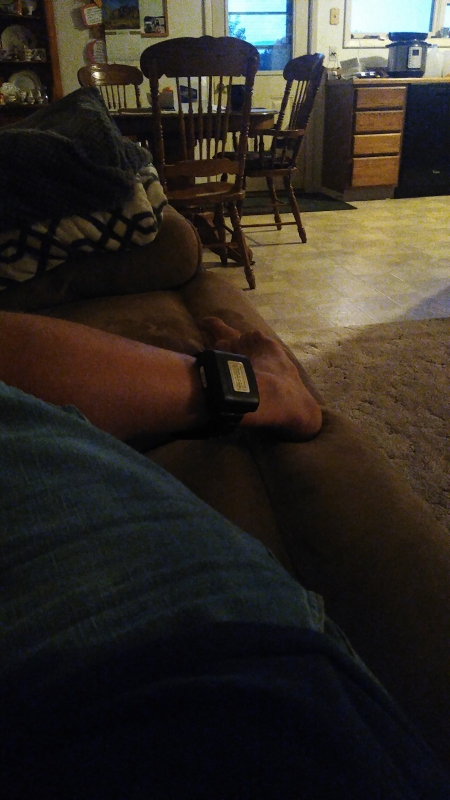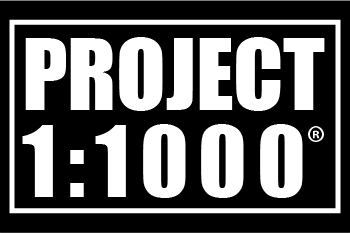Submission Age Group: Middle School (MS) | High School (HS) | University (UN) | Adult (AD)
Imaginary Chains(AD) by jmjudas
|

|
There are always a lot of choices to make. We find ourselves in certain situations that require us to make a choice. Left or right. Up or down. Right or wrong.
What is the basis for the right choice versus the wrong choice? Throughout this life, we find ourselves justifying our choices before and after they are executed. We find ourselves constantly trying to appease the shadowy judge of our conscience.
Have we ever stopped and asked ourselves who this judge is and what determines its qualification for deciding fairness in our lives? Is this great decider the culmination of our ancestor's experience, embedded into our genes, and designed for their own survival?
As a result of my most recent spiritual experiences, I have found myself pondering what drives my choices. Must I remain a victim of my emotions and the thoughts that they invoke? How can I make choices now where no justification is required in order for me to have solace? I have come to a point where the question is not so much “how,” as it is “why not.”
With the passing of my father, my emotions and understandings have been effectively rearranged and they shine a reflection of transcendental light. On top of the loss of a parent, a pandemic quarantine, and civil unrest, there have been a few other things that have led me to make choices that I would not normally make - like the choice to put on this fucking absurd alcohol monitor.
I had gotten into some legal trouble as a result of drugs and alcohol. I have done a lot to correct myself since then, but one thing I cannot avoid, with out the help of a lawyer, is proving to the courts that I remain substance free. At first the courts requested random urinalysis and breathalyzers, but I was not willing to risk being exposed to others so often during this time. So I did something I do not normally do. I asked for other options. The court said I could do an at home breathalyzer which requires three random blows a day and even takes a selfie as I provide. I was amazed that I did not have to suspend myself with resentment over the original determination and that asking a question saved me from the risk of potentially exposing myself to COVID-19.
I discovered after only a month that my second option was not a viable one as a result of my emotional state following the loss of my father. I have a trauma response called dissociation. When I encounter situations that cause me emotional distress, I mentally check out. My brain learned this behaviour as a result of traumatic events in my childhood. This response of mentally checking out for hours at a time proved difficult when it came to paying attention to my requested blow times. I was at a loss.
I can't miss a blow without consequences and I can’t blow because I don't measure time accurately in my brain anymore. In a moment of anxiety driven outcry I realized what was bothering me the most, and it wasn't how the judge, the silent one within my mind, would view this predicament; it was how the other judge would. I wasn't upset with the stupid breathalyzer. I wasn't upset with myself. I missed my dad. I still miss my dad. That realization coming through allowed me to discuss the matter with a good friend and he asked why I didn't get the ankle monitor. I told him, at first, it cost more money, but came to realize the real price being paid. I asked if it was ridiculous to pay more because I can't pay attention to this handheld camera that registers blood alcohol content. He then posed the most profound question, "What is piece of mind worth?"
I had to go to open court to ask for permission to switch to the ankle monitor. When in front of the judge, she asked why I wanted the monitor on my ankle. I told her my reasons and, a little to my discouragement, she did not follow my justification and was more interested in cracking a couple of jokes with me. For the record, I have known this judge for years. She pointed out that the ankle monitor was a higher level of supervision, and that she would be more than happy to refer me for the ankle monitor, if it was what I wanted.
After getting everything locked on my leg and getting home, the gravity of the situation had sunk in deeply. I asked for more help not because I feared drinking, but because feared interfering with my mind's ability to properly grieve my father's death. I sat in astonishment of this. Who is it that is making these choices for me? I have only known a life full of pride or self-pity, both opposite sides of the same coin. Today I am making choices daily based on mental health and integrity.
I have always been aware of the curtain, the same curtain that the Wizard hid behind, pulling levers, in that one movie, I can't remember the name but this dude, Oz, told me about it. I could always look at other people's choices in life and point out the fallacy behind the logic in their decisions, yet I was always justifying mine. Depak and Rudy wrote a book titled, "Super Brain" in which they discuss how the mind's limits are the ones we create. Any situation is what we make it and any active resistance in our thoughts and actions only strengthens our bond to that undesired situation. The basic foundation for applying this principle had already been set in motion years before this understanding came to me on a personal level, mysticism at its finest.
I have peace today with my choices because I am able to detach the feelings from my thoughts. I ask for help from a greater power.

SUBMISSION TITLE
Imaginary Chains
IMAGE LOCATION
Billings | Montana | United States
CONTRIBUTOR
jmjudas
(PUBLIC) SUBMISSIONS BY jmjudas
ALL (PUBLIC) SUBMISSIONS
